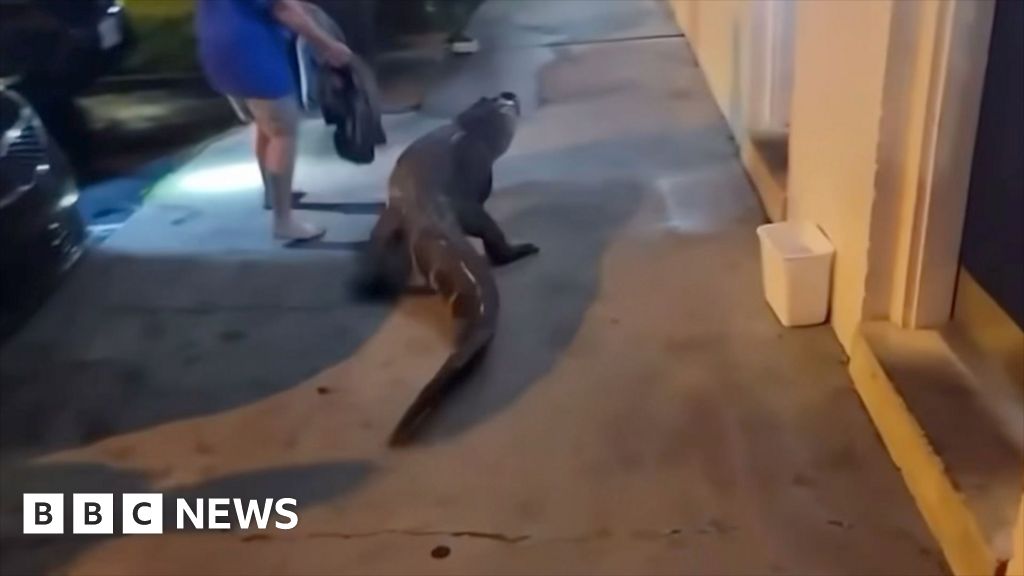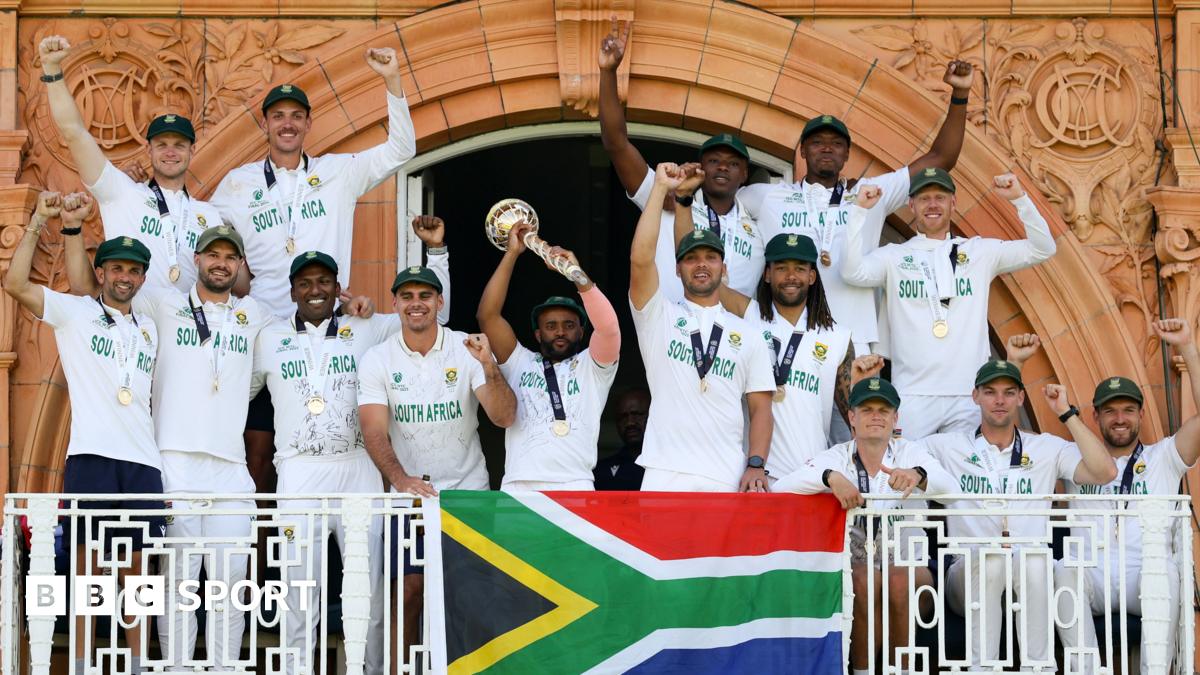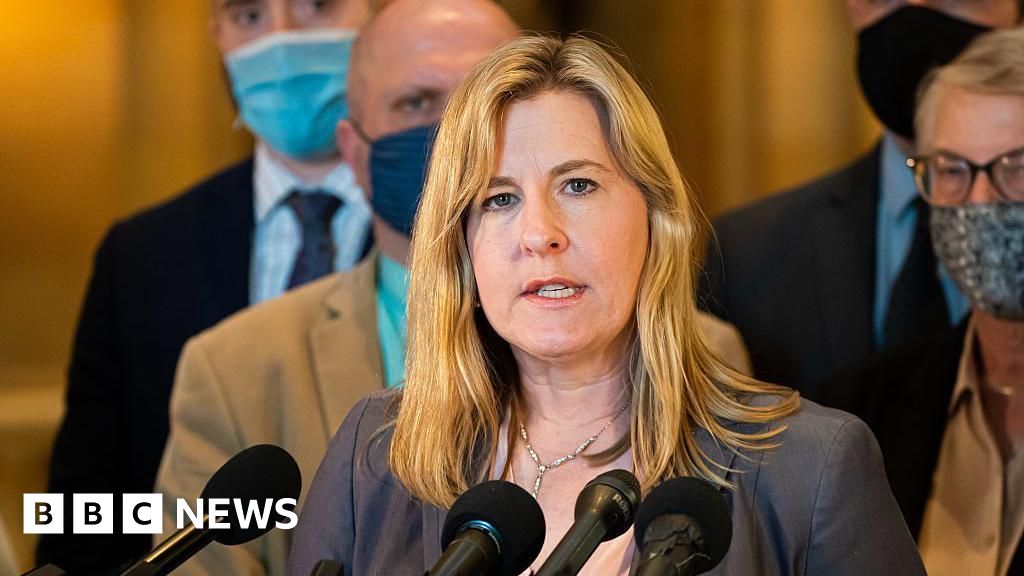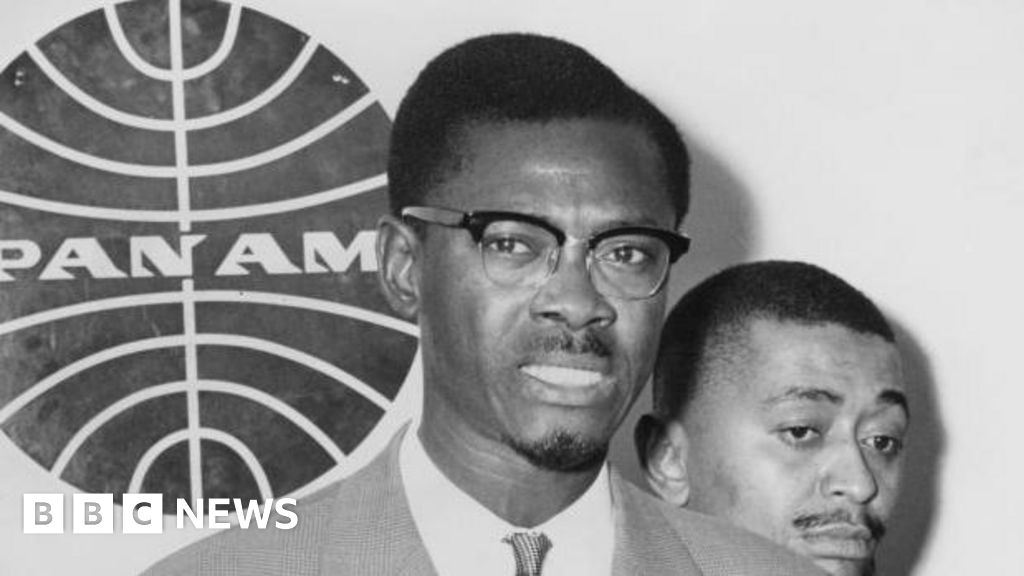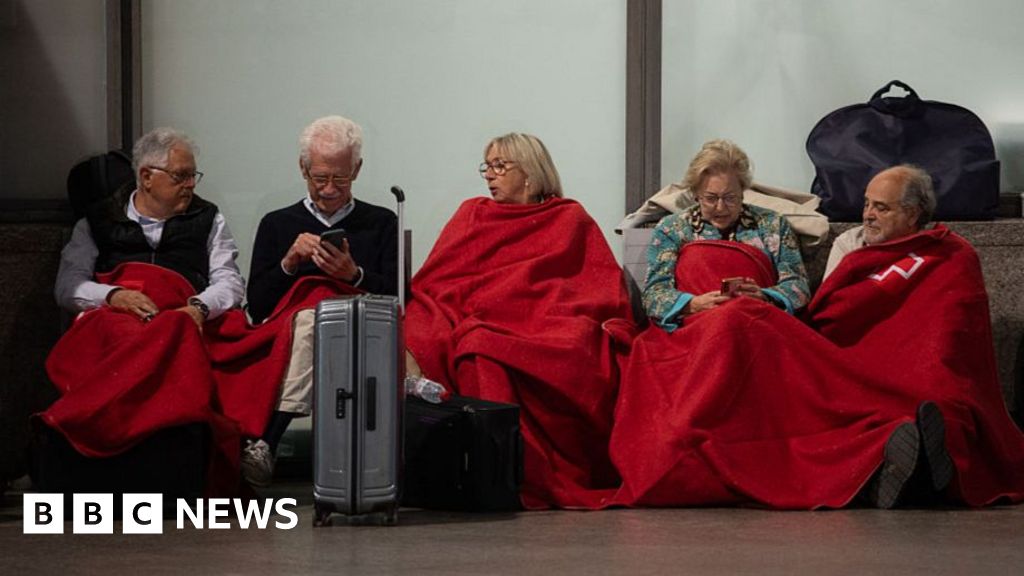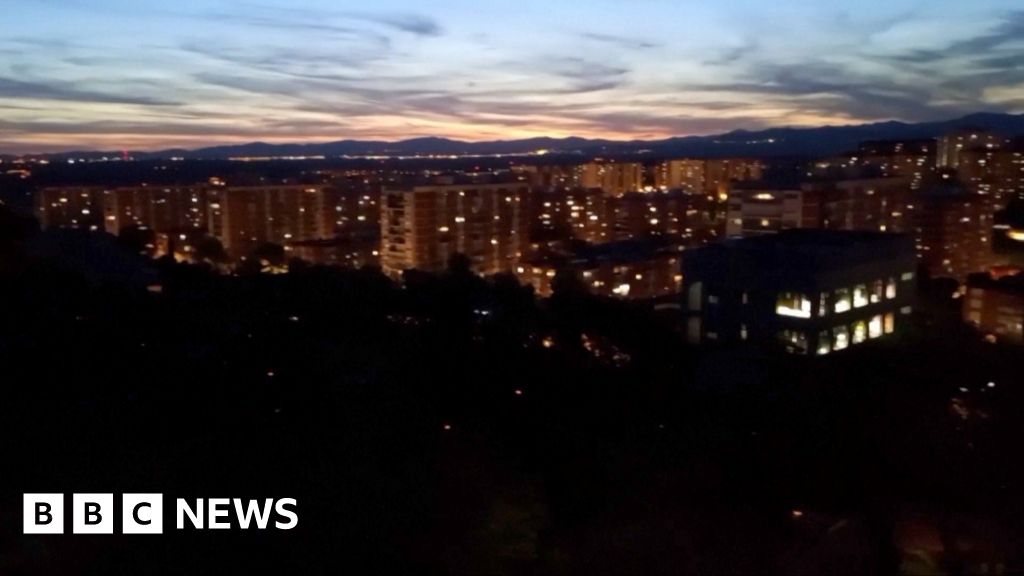Stopping individual lawmakers from blocking new housing. Making it easier to remove homes from flood zones. Opening up primary elections to all voters.
These are three ideas that New York City voters might be able to vote on in November, through proposals developed by a special panel that is seeking to address problems like the housing crisis, climate change and poor voter turnout in local elections.
The panel, known as a Charter Revision Commission, has been working for months to design proposals that would change the City Charter, a document that is often described as a city version of the U.S. Constitution. On Wednesday, the commission will release a preliminary report that describes what those changes might look like.
The commission’s main focus was on housing. It described changes to the Charter that could make it easier to build homes by exempting affordable housing or smaller residential buildings from a costly, complicated approvals process. The report also discusses how letting all voters participate in primary elections, regardless of party affiliation, could improve turnout and representation. And in response to the climate crisis, it says, changes to the charter could make it simpler for the city to buy out homes vulnerable to flooding.
The 103-page report is not final. The commission’s administrative staff created the list of proposals from testimony gathered at public hearings in all five boroughs, in addition to research and comments submitted electronically.
Over the next few months, members of the 13-person commission will debate the ideas, many of which are contentious, and may even choose to put nothing on the ballot. But the report shows that the commission is thinking about changes that could have a significant impact on the future of the city.
“It’s really about whether the city can sustain itself at all,” said Richard R. Buery Jr., a former deputy mayor who leads the commission. “We’re at the point where people simply cannot live here.”
Mr. Buery, who is also the chief executive of the Robin Hood Foundation, an anti-poverty group, described the preliminary proposals as “ambitious.”
The commission was created in December by Mayor Eric Adams, who asked it to tackle New York’s worsening housing crisis. Sky-high rents continue to rise and the number of apartments available to rent is at the lowest level in 50 years, according to city data.
But the legitimacy of the commission was immediately questioned. A prior commission created by Mr. Adams, for example, was stacked with donors and allies and was largely seen as doing the mayor’s bidding.
The latest commission was also viewed as a political stunt to outmaneuver the City Council speaker, Adrienne Adams, a fellow Democrat who created her own commission to propose changes to the charter. Ms. Adams, who is not related to Mr. Adams, announced her run for mayor last month.
The speaker’s commission produced its own report earlier this month. Election rules say that the proposals from the mayor’s commission are the only ones that will appear on the ballot in November.
The report from the mayor’s commission describes in detail how individual members of the City Council can effectively block new housing developments.
The charter, the report says, could be amended to make sure that a single Council member does not have the final say in the fate of a development, possibly by creating a new appeals board or allowing the City Planning Commission to override Council land use decisions through a supermajority.
The charter could also be changed to make sure Council districts make way for enough housing by setting enforceable targets, the report states.
Separately, it describes the problem of “abysmal” voter turnout in mayoral general elections, and says that the commission received “more written testimony calling for election reform than any other subject.” In 2021, just 23 percent of registered voters participated in the November general election.
The report outlines the benefits of an “open primary” system, where all registered voters can participate in primary elections regardless of their affiliation with a political party. Last year, more than one million registered voters were unaffiliated with a party, according to a report released by the New York City Campaign Finance Board on Tuesday. Unaffiliated voters are ineligible to vote in the city’s consequential primary elections.
The report also describes how city rules slow down climate resiliency projects by triggering lengthy reviews — a process that could be altered in the charter — and outlines how to expand the availability of electric vehicle charging stations.
Many of the suggestions are likely to meet opposition or criticism, possibly even from members of the commission. Some have indicated that they do not want to put any initiative before voters that has no chance of passing.
Opponents of the mayor, who is running for re-election, are likely to push back.
Many City Council members may bristle at the idea of losing any power over development in their districts. So could influential labor unions, who often push developers to make sure workers are paid well on construction projects.
“We cannot support — and will aggressively oppose — any effort to erode the power of elected officials to protect our members on projects in their districts,” Kevin Elkins, the political director for the New York City carpenters’ union, wrote in testimony to the commission in February.
Political parties, which control the primary elections, may oppose the idea of opening voting to people who are unaffiliated or members of other parties.
Still, Mr. Buery said most of the commissioners agreed on the broad thrust of the report. Over the next several months, the commission is expected to write and refine proposals, and ultimately hold a vote on each. Then, those that are approved will be submitted to the City Clerk in the summer.
Source link

